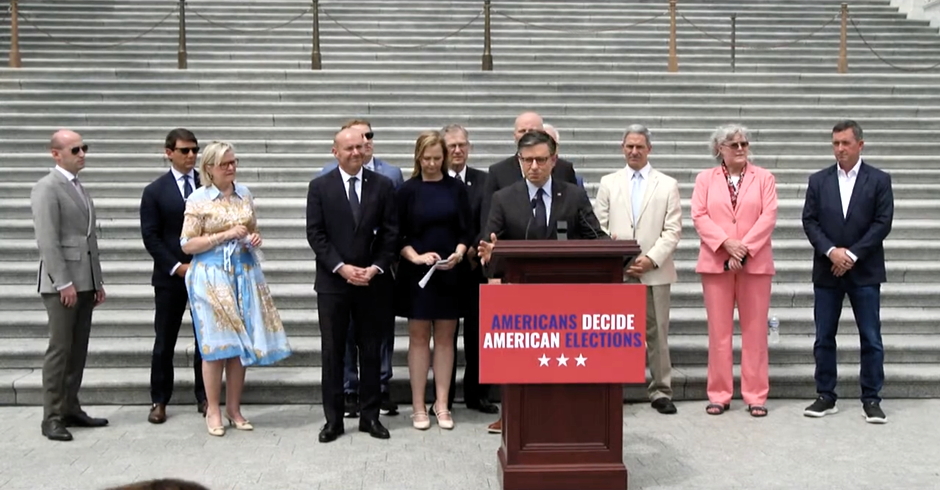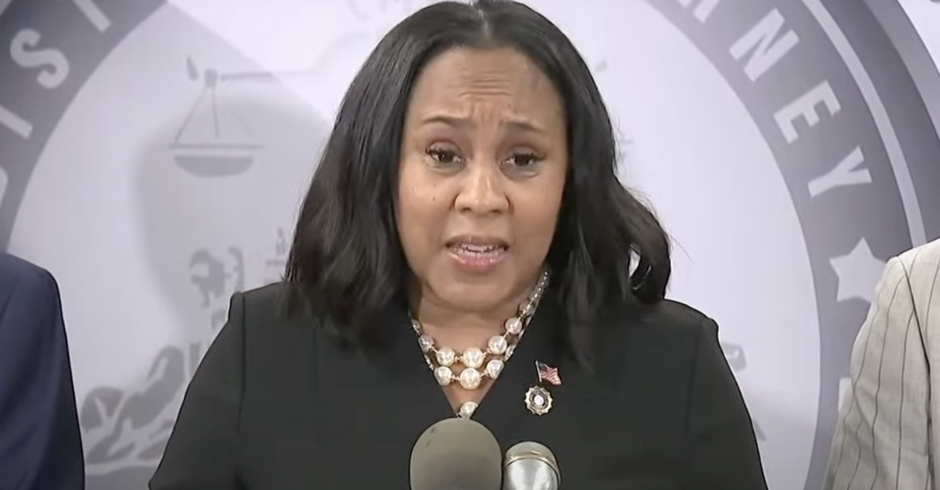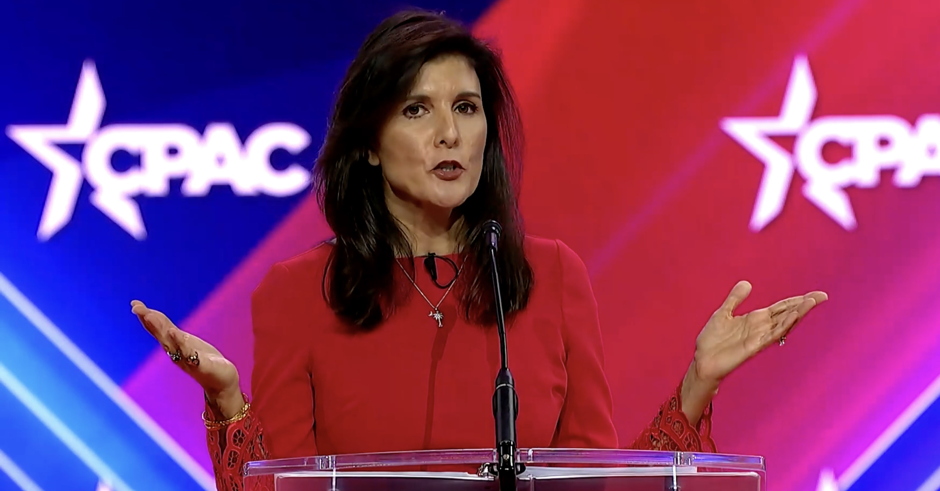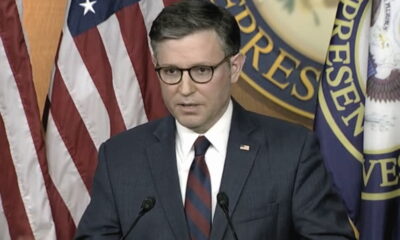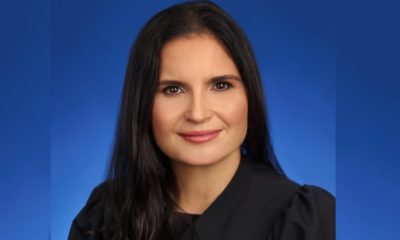Study Shows How Many Americans Are Gay, Lesbian, Bisexual, Transgender
A new study by The Williams Institute of the UCLA School of Law asks, “How many people are lesbian, gay, bisexual, and transgender?,” and shows that almost nine million American adults  — close to 4% of the American adult population — identify as gay, lesbian, bisexual, or transgender, and breaks down those numbers. The study, released today, examined five American and an additional four international population surveys and found, “women are substantially more likely than men to identify as bisexual,” and that 11% of the population, more than 25 million Americans, acknowledge some same-gender sexual attraction.
The study shows that an estimated .3% of Americans are transgender. Additionally, the Williams study shows 3.5% of American adults are gay, lesbian, or bisexual, including 1.8% of American adults who are bisexual.
Regardless of gender identity or sexual orientation, 19 million American adults have had same-gender sex.
Some may suggest the Williams Institute numbers are far smaller than what is commonly thought of as 10% of the population being lesbian, gay, bisexual, or transgender. I asked Gary Gates, the author of the Williams Institute study that very question via email Wednesday.
Gates says the 10% figure “is from a passage in a 1948 Kinsey book that reads, “”Ten percent of males are more or less exclusively homosexual for at least three years between the ages of 16 and 55″…even if he had used population-based data (which he did not), that is hardly a statement suggesting that 10% of the population identifies as LGBT. The truth about 10% was that it was a brilliant political strategy as a figure that was large enough to “matter†but hopefully not so large as to threaten the general population. The fact that the number remains so popular is a testament to that brilliance. Kinsey was a notable scholar and scientist, but he never made a population-based estimate of the size of the LGBT community.”
I wondered if dramatically reducing the public’s perception of the size of the LGBT community helps us, or is self-defeating. Gates, a Williams Distinguished Scholar, responded,
“I guess I hold to a belief that, in the end, good science will be helpful to the community. The stereotype of the community as rich, white, male, and urban is nearly as pervasive as the 10% figure. The emergence of quality demographic data that includes questions about sexual orientation and gender identity has allowed us to highlight the diversity of the community in ways that we’ve just not been able to do in the past. Getting sound information about the LGBT community is dependent on the willingness of surveys to ask sexual orientation and gender identity questions (and perhaps show that only about 4% of the population identifies as LGBT).  On the whole, I see that as a net positive and absolutely worth the risk.”
The Williams Institute study comes on the heels of a report issued last week by the Institute of Medicine (IOM) that “provides a thorough compilation of what is known about the health of [LGBT] groups at different stages of life and outlines an agenda for the research and data collection necessary to form a fuller understanding.” The day after that report was released, Secretary Kathleen Sebelius, head of the Department of Health and Human Services, called for increased reporting and studies that would “improve the lives of lesbian, gay, bisexual and transgender people.â€
These are major advances in the focus on the LGBT community.
Â

Enjoy this piece?
… then let us make a small request. The New Civil Rights Movement depends on readers like you to meet our ongoing expenses and continue producing quality progressive journalism. Three Silicon Valley giants consume 70 percent of all online advertising dollars, so we need your help to continue doing what we do.
NCRM is independent. You won’t find mainstream media bias here. From unflinching coverage of religious extremism, to spotlighting efforts to roll back our rights, NCRM continues to speak truth to power. America needs independent voices like NCRM to be sure no one is forgotten.
Every reader contribution, whatever the amount, makes a tremendous difference. Help ensure NCRM remains independent long into the future. Support progressive journalism with a one-time contribution to NCRM, or click here to become a subscriber. Thank you. Click here to donate by check.
 |
